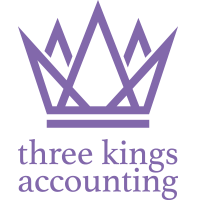HMRC has introduced a number of VAT schemes over the years designed to reduce the administrative burden on small businesses. One such scheme is the annual accounting scheme.
What is the annual accounting scheme?
The annual accounting scheme helps small businesses by allowing them to submit only one VAT return annually rather than the normal four. During the year they pay instalments based on an estimated liability for the year with a balancing payment due with the return. The scheme is intended to help with budgeting and cash flow and reduce paperwork.
Joining the scheme
A business can apply to join the scheme if it expects taxable supplies in the next 12 months will not exceed £1,350,000.
Businesses must be up to date with their VAT returns and cannot register as a group of companies.
Application to join the scheme must be made on form 600(AA) which can be found on the GOV.UK website or via a link in the online version of VAT Notice 732. HMRC will advise the business in writing if the application is accepted.
Paying the VAT
Businesses that have been registered for 12 months or more will pay their VAT in nine monthly instalments of 10% of the previous year’s liability. The instalments are payable at the end of months 4-12 of the current annual accounting period.
Alternatively such businesses may choose to pay their VAT in three quarterly instalments of 25% of the previous year’s liability falling due at the end of months 4, 7 and 10.
The balance of VAT for the year is then due together with the VAT return two months after the end of the annual accounting period.
Businesses that have not been registered for at least 12 months may still join the scheme but each instalment – whether monthly or quarterly – is based on an estimate of the VAT liability.
In all cases HMRC will advise the amount of the instalments to be paid.
The annual accounting period will usually begin at the start of the quarter in which the application is made. If the application is made late in a quarter it may begin at the start of the next quarter.
All businesses are able to apply to HMRC to change the level of the instalments if business has increased or decreased significantly.
Leaving the scheme
Any business can leave the scheme voluntarily at any time by writing to HMRC.
A business can no longer be in the scheme once its annual taxable turnover exceeds £1,600,000.
Advantages of the scheme
- A reduction in the number of VAT returns needed each year, from four to one.
- Because the liability to be paid each month is known and certain, cash flow can be managed more easily.
- There is an extra month to complete the VAT return and pay any outstanding tax.
- It should help to simplify calculations where the business uses a retail scheme or is partly exempt.
Potential disadvantages
Interim payments may be higher than needed because they are based on the previous year. However, it is possible to apply to HMRC for an adjustment if the difference is significant.
A business is obliged to notify HMRC if the VAT liability is likely to be significantly higher or lower than in the previous year.
How we can help
We can help you to plan your VAT administration and consider with you whether the annual accounting scheme would be beneficial for your business.


